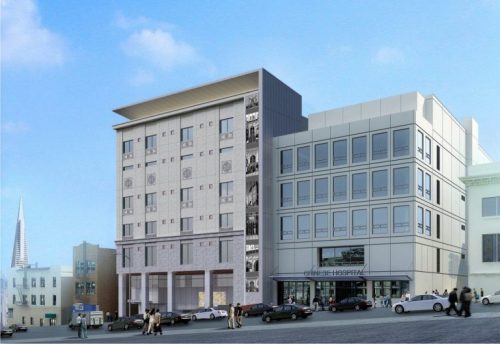29 March 2022
See how JMBM’s Global Hospitality Group® can help you.
Click here for the latest articles on ADA Compliance and Defense.
Many hotels have opted to include Electric Vehicle Charging Stations as an amenity for guests as the cars become more and more common. And while hotels may be very aware how the Americans with Disabilities Act applies to their property, are they considering the requirements for disabled guests at these charging stations?
My partner Martin Orlick, Chair of JMBM’s ADA Compliance & Defense Group, describes some of the issues that hotels and operators of electric vehicle charging stations should be aware of to maintain compliance with the ADA.
How Will ADA Guidelines Impact Public
Electric Vehicle Charging Stations?
by
Martin Orlick, Chair, JMBM’s ADA Compliance & Defense Group
You’re about to see a lot more Electric Vehicle Charging Stations (EVCS) on your daily drive. Within months of taking office, the Biden Administration announced an initiative to build half a million new charging stations across the country. The Infrastructure Investment and Jobs act, which passed in November 2021, includes $7.5 billion towards this goal; the Administration’s signature domestic policy bill, the Build Back Better act, also includes funding to promote electric vehicles and expand the public charging network. California’s governor is promoting an ambitious plan of 500,000 electric vehicles on the state’s road in five years.
This is exciting news for the owners, operators and designers of EVCSs, and a welcome boost for a rapidly growing industry. What many companies are not considering, however, are the needs of the disabled drivers who will need to be able to access their electric vehicle charging stations.





